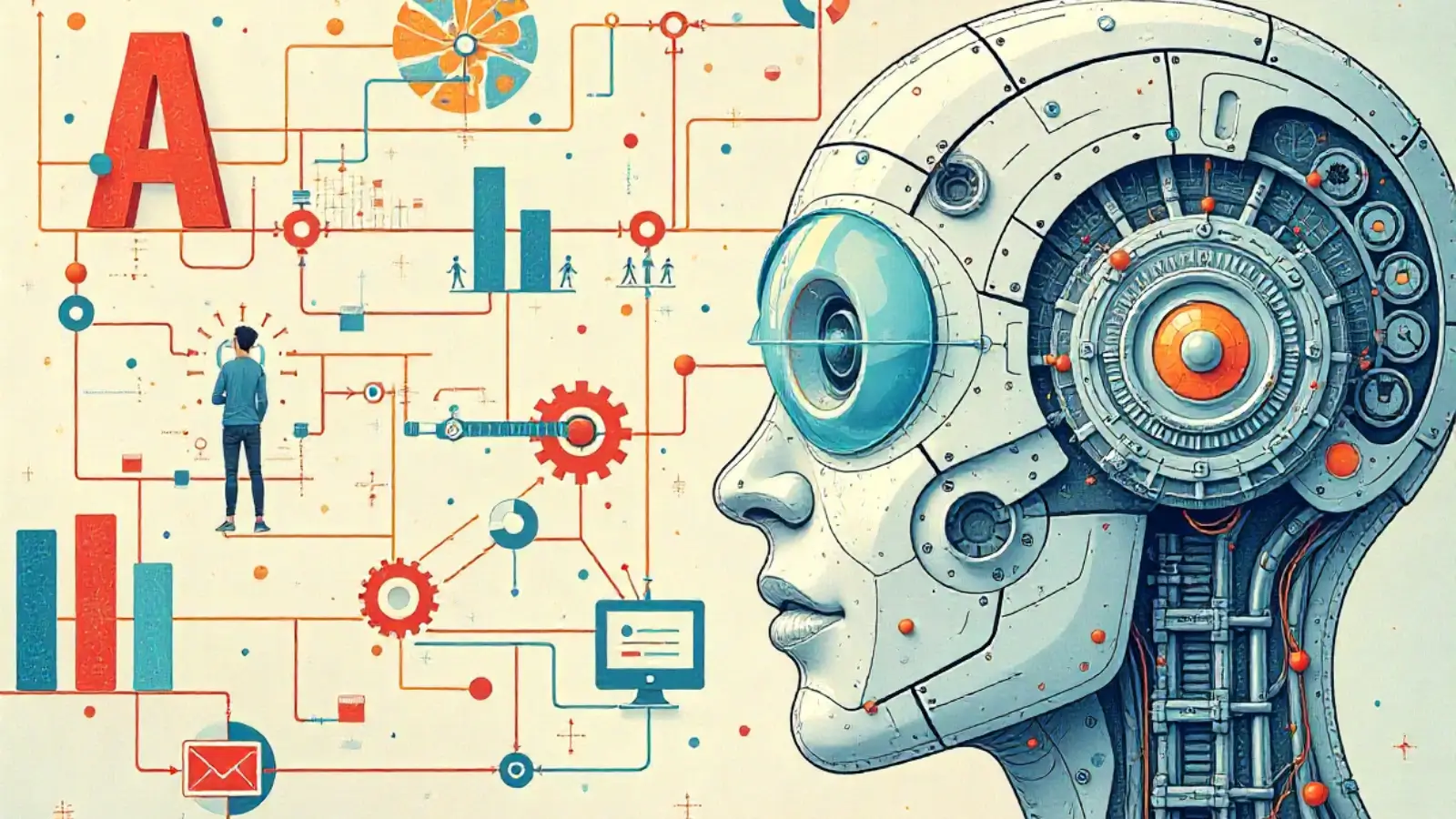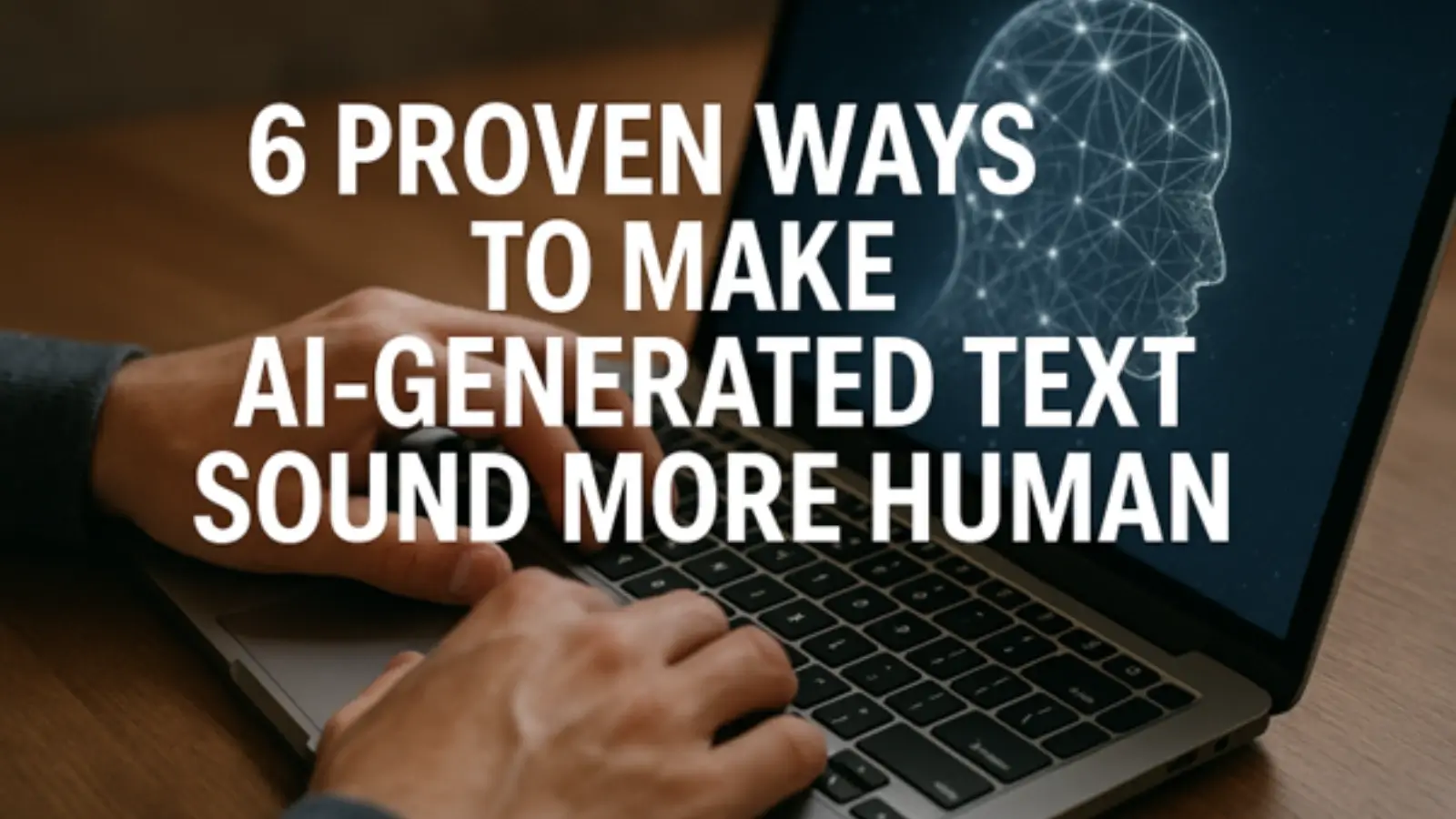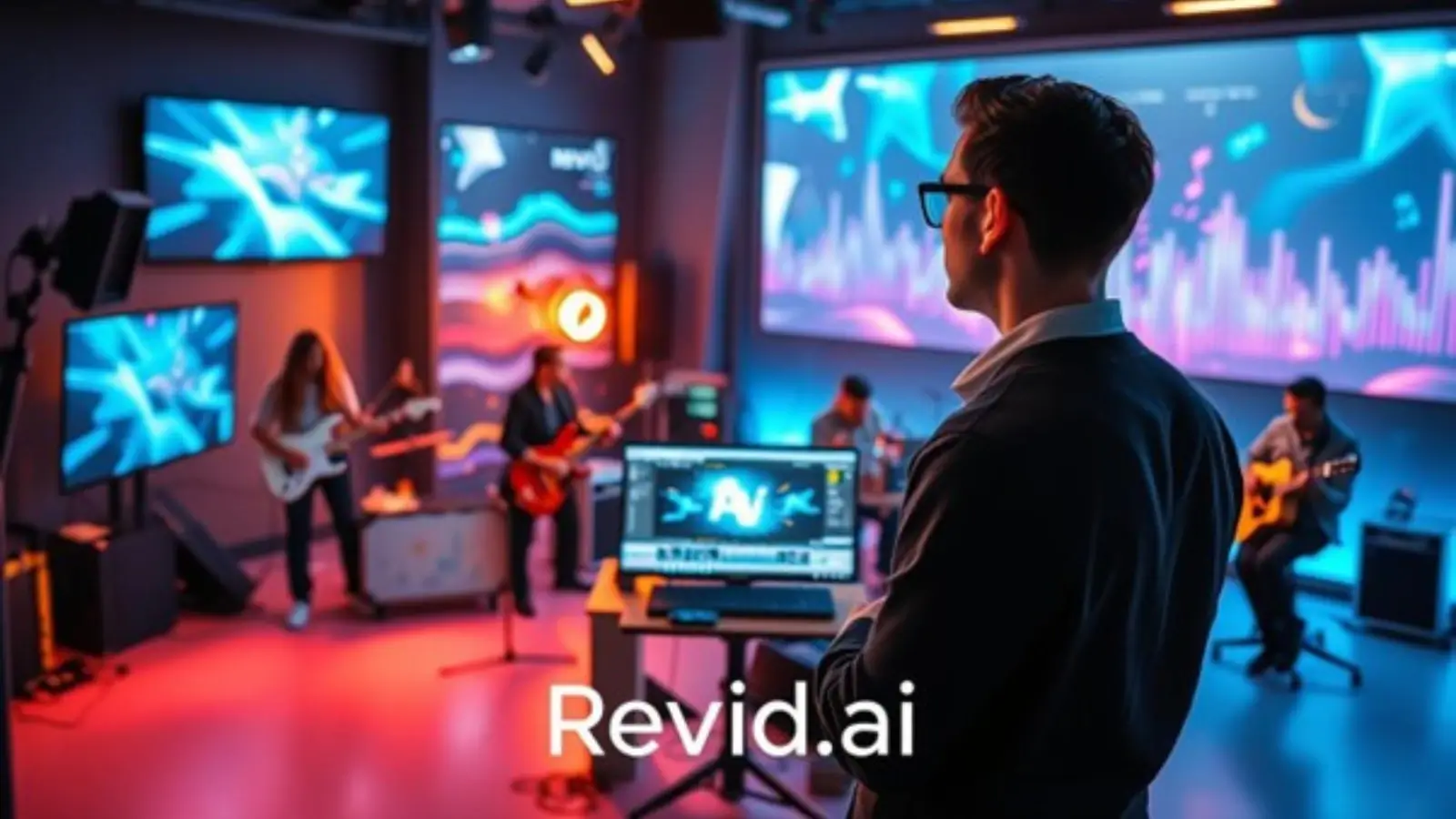Generative AI has dramatically transformed the functionality of many tools, improving their efficiency, practicality, and overall usefulness. Virtual assistants have greatly benefited from these advancements. Thanks to AI, Generative AI Virtual Assistants have evolved into powerful tools that make users' lives easier and more streamlined.
Generative AI Virtual Assistant
Traditionally, customer support relied heavily on human agents to manage inquiries. However, with the rise of digital channels, customer support teams quickly became overwhelmed by the sheer volume of requests through emails, phone calls, chat messages, and social media platforms. This led to longer wait times and frustrated customers.
Enter Generative AI Virtual Assistant. These assistants can understand and respond to customer inquiries in real time, mimicking the behavior of a human agent but with enhanced efficiency and scalability. Using generative AI models, these assistants can respond to predefined questions and create new, relevant content to address unique customer queries, making them more adaptive and versatile than ever.
Generative AI is built on sophisticated language models, such as OpenAI’s GPT (Generative Pretrained Transformer) series, which can generate human-like text based on input data. This allows virtual assistants to develop tailored responses, offer suggestions, and solve problems in ways that go beyond traditional rule-based systems.
Benefits of Generative AI for Customer Support
Here are the top benefits of Generative AI for Customer Support:
● Improved Understanding
Previously, virtual assistants were rule-based, relying on simple scripts and basic Natural Language Processing (NLP). These assistants could only recognize specific keywords or phrases, often missing the broader context and struggling with complex language. This sometimes led to misunderstandings of user intentions.
Generative AI Virtual Assistants are advanced, enabling them to process and understand complex language, including context and nuances. This development allows for more natural and human-like interactions. With advanced NLP models and contextual awareness, virtual assistants now understand intricate language structures, recognize user intent, and anticipate needs. These assistants can proactively offer relevant information by analyzing past interactions and identifying patterns, greatly enhancing the user experience.
● Adaptive Responses
Before Generative AI, virtual assistants were limited to delivering generic, scripted responses. They couldn’t adjust to different situations or provide detailed information, often repeating the same answers and struggling with unexpected queries.
With a Generative AI Virtual Assistant, unique, context-driven responses can be generated in real time. Rather than relying on pre-written scripts, the assistant offers more detailed and relevant information, even for unusual or complex questions, making interactions smoother and more effective.
● Greater Personalization
Before the introduction of Generative AI, virtual assistants provided limited personalization. They couldn’t learn from past user interactions, offering the same responses regardless of individual preferences or previous conversations, which often resulted in a less satisfying user experience.
Thanks to Generative AI, virtual assistants can learn from prior interactions using AI-driven machine learning algorithms and memory functions. They can remember user preferences, deliver personalized responses, and create better experiences. For instance, assistants can provide tailored product recommendations based on previous purchases and offer post-purchase support, significantly improving the user experience.
● Improved Integration Capabilities
Before the arrival of Generative AI, virtual assistants had limited integration abilities. Their responses were often scripted and required extensive manual programming to handle various tasks and contexts. With Generative AI, virtual assistants now have enhanced integration capabilities.
They can interact with a broader range of applications and systems in real time, delivering personalized responses more dynamically. This development allows virtual assistants to handle complex queries and offer contextually relevant solutions, making them more versatile and effective in integrated environments.
● Multichannel Support
In today’s multi-channel world, customers expect seamless support across various platforms, whether it’s through a website, mobile app, social media, or messaging service. Generative AI virtual assistants are uniquely suited to meet this challenge.
With AI-driven assistants, businesses can provide consistent and unified support across all channels. Whether a customer is chatting via Facebook Messenger, texting via SMS, or browsing a company’s website, the virtual assistant can provide the same high-quality experience without losing context. This consistency fosters trust and reliability, as customers know they can expect helpful assistance regardless of the platform they use.
● Continuous Learning and Improvement
Generative AI virtual assistants are not static—they evolve and improve over time. As these assistants interact with more customers, they continually learn from each conversation, refining their responses, improving accuracy, and adapting to new customer needs. This ability to learn and grow makes AI assistants powerful tools for customer support teams.
Unlike human agents, who may require training or updates, AI assistants can quickly adapt to new products, services, or policies by ingesting new information from internal resources. This ensures that the virtual assistant is always up-to-date and can provide accurate, relevant information to customers.
Conclusion
Generative AI virtual assistants are revolutionizing customer support by offering a more efficient, personalized, and cost-effective way to meet customer needs. By automating routine tasks, delivering tailored responses, and providing 24/7 support, these intelligent Gen AI assistants are helping businesses enhance customer satisfaction while reducing operational costs.
Integrating AI into customer service is not about replacing human agents but augmenting their capabilities. With AI handling routine inquiries, human agents can focus on customer support's more complex and sensitive aspects. Together, AI and human agents create a seamless and effective support system that benefits businesses and customers.
As generative AI continues to evolve, the possibilities for improving customer support are endless. Businesses that embrace this technology will be better positioned to meet their customers' ever-growing demands and create experiences that are not only efficient but also memorable.

















